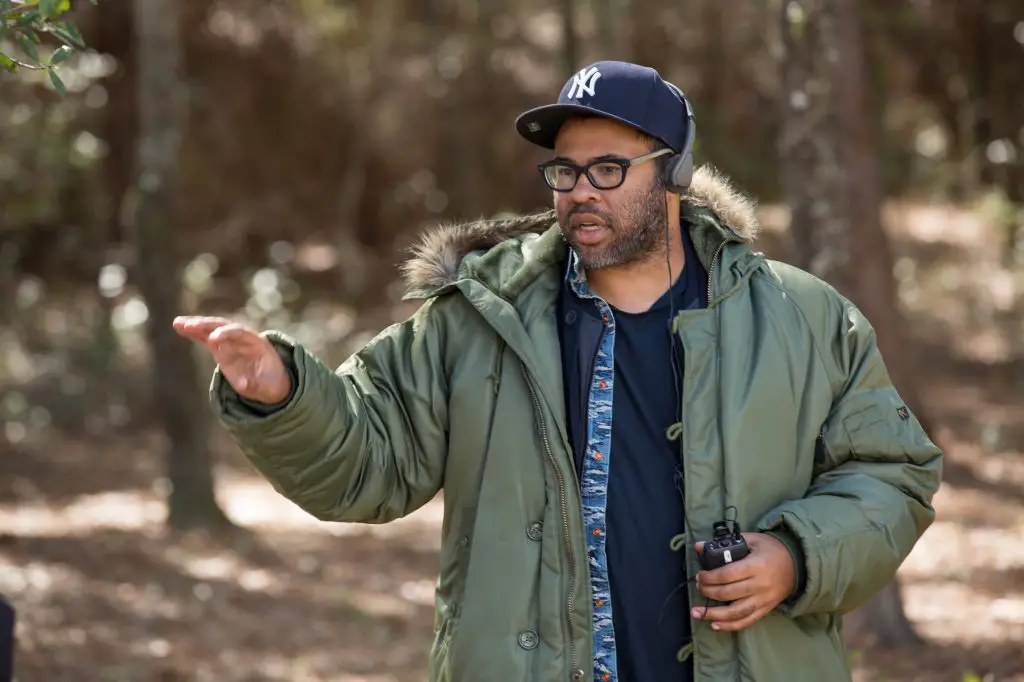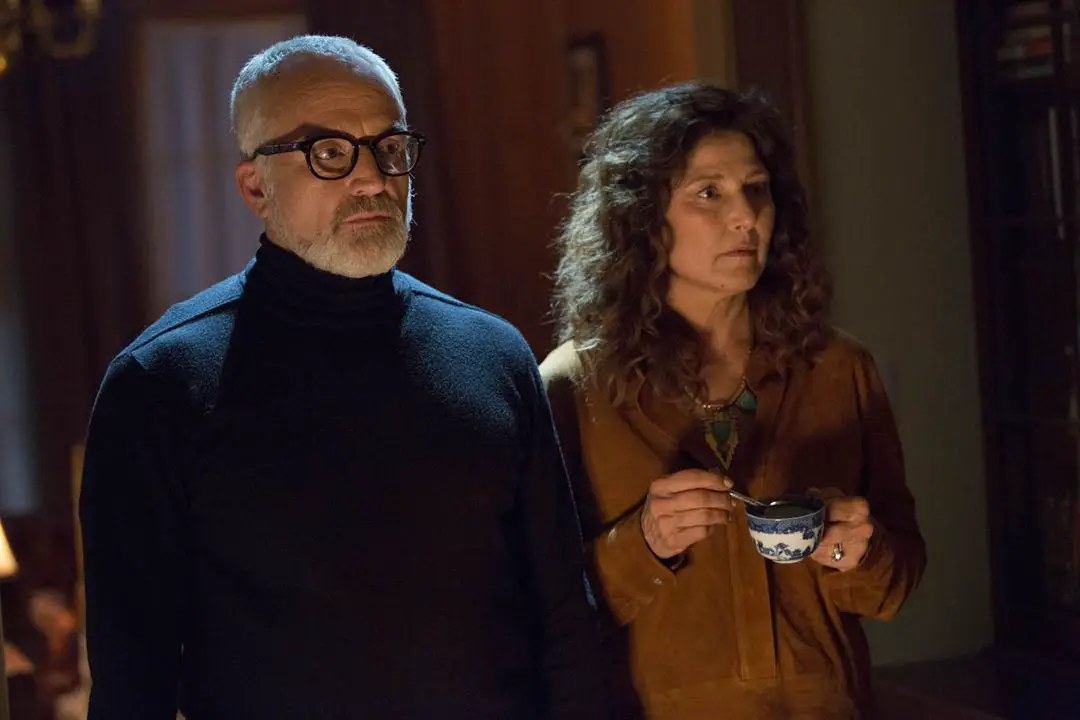Recently, Black Twitter was in an uproar over the news that “Get Out,” the 2017 critically acclaimed horror film, would be submitted to the Oscars as a Comedy/Musical. While “Get Out” was riddled with comedic relief, that comedy was simply relief; the plot itself and the struggles it represented should in no way be taken as a joke. While the movie may be a dramatization, the fears that many black people have while in interracial relationships are incredibly real. The entering of “Get Out” as a comedy, whether it came with Jordan Peele’s blessing or not, is a blatant example of the insularity of white Hollywood and proof that white privilege is still a very real thing.
“Get Out” is arguably one of the best films of 2017 and is already being studied in many film- and social-issue-based college classes. With an impressive 99 percent rating on the (in)famous Rotten Tomatoes, the film has already made an impact on the entire country. There was speculation that because the movie was so great, and so well crafted, that it was submitted as a comedy so that it would have a certain win. But, if the movie was so impactful and well crafted, why does it have to be slighted to make sure it wins? Why can’t “Get Out” be submitted into a more appropriate category and still have a chance of winning?

Time and time again, movies made for and/or starring black people have to battle their way into winning positions, which is still very rare to see. The issue originally cropped up when the #OscarsSoWhite issue came to light, in 2015, and has continued to stay a hot topic in the ensuing award season. In fact, only one black producer, Steve McQueen, has won an Academy Award for Best Picture, and not a single black film writer has won the award for Best Writing for an Original Screenplay, ever. Although the Academy seemed too step up its game in the diversity department during this most recent Oscars award ceremony, there is still a long way to go.
Many people were upset because placing “Get Out” in a category where it ultimately does not belong bumps out other black movies that had a real shot at winning. People have commented on social media that “Girls Trip,” starring actresses such as Queen Latifah and the fabulous Tiffany Haddish (#CareFreeBlackGirl), deserve recognition themselves, but likely won’t beat “Get Out” for the award. While it is an honor just to be nominated, many black people in Hollywood are tired of having to go above and beyond many non-original white Hollywood movies just be nominated, a complaint that hearkens back to the argument surrounding “Moonlight,” and “La La Land.”
“La La Land” was a huge hit, but was simply a cute musical playing on nostalgia and commonplace romantic tropes. While “La La Land” was beautiful, it was a safe play and still had several nominations and critical acclaim. On the other hand, “Moonlight” was a newer idea, a risker topic and had a significantly more diverse cast, yet still was forced to defend its place in the conversation.
Although “Get Out” is a near perfect movie, it is still likely that it can lose to a mediocre movie because minorities seem to be limited in how much success the Academy allows them. The Academy is essentially telling black America that “Get Out” was a good movie, but we have to choose which black movie we want to see succeed this year. While this isn’t always the case—movies about black people as slaves or those escaping the hood are proven Oscar-bait, which is another issue in itself—many artistically brilliant black-produced movies struggle to get the accolades they deserve. The result is that black people rarely win for purely original ideas.
This all is to say that white privilege is very much still problematic. White privilege is the ability to make a pretty okay movie and have it be nominated fourteen times because Ryan Gosling sings in it. White privilege is being able to watch an intricately crafted horror movie about the abuse of black bodies and black lives, focus on the three times people laughed and consider it a comedy. White privilege is not having to see yourself in “Get Out,” not noticing that no one was searching for the missing black people because no one cares. Most importantly, white privilege is looking at the submission of “Get Out” as a comedy and being able to see that decision as anything other than rooted in racism.
As a black woman in America dating a white man who was raised by upper-class conservative Evangelicals, “Get Out” is very real and very scary. Even as I joke with my friends, as the movie portrays, it is still a genuine fear of mine when I think about mingling with parts of his family. As a result, the jokes in “Get Out” should not be considered comedy, but as respite from the racially charged tension the main character endures. Laughing to keep from crying is not the same as crying from laughing.

















